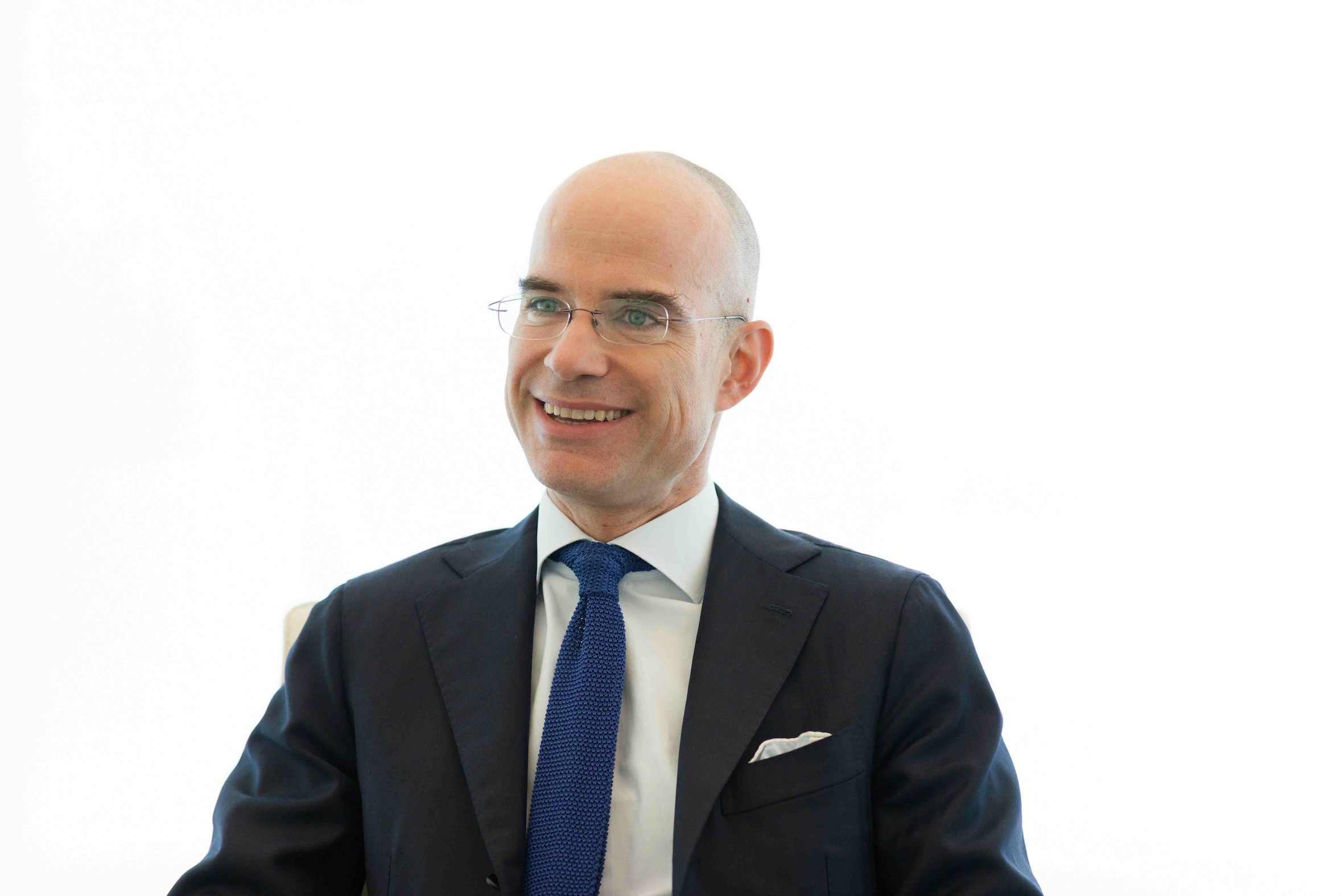Global financial markets are entering calmer water. European policymakers once again bought some time with a last-minute deal for Greece, while the Chinese authorities flexed their muscles to contain the damage on their equity market. Even the negotiations with Iran yielded a positive surprise last week. According to Burkhard P. Varnholt, Head of Investment Solutions Group and CIO, still, an escalation of the conflict in eastern Ukraine or of some of the religious tensions in the Middle East can never be ruled out. “But the bottom line remains that we expect a period of moderate growth and limited disruptions. Central bank policy will remain accommodative, which is the backbone of our long-held strategy to maintain a meaningful exposure to equities”.
And things are falling into place for a calmer second half of the year, he says.
Greece: Buying Time
The latest support programme for Greece, as painful as it may look for the Greek pensioners and consumers, is not solving all problems. “We may argue how much damage the referendum has done and how necessary a debt restructuring may be. Yet at this juncture, we note that the Greek crisis has not derailed the eurozone recovery. A strong demand for Greek goods and services –in particular tourism – is the best for Greece to emerge from the crisis”.
The outlook for European equities remains favourable. Peripheral economies will benefit from a positive feedback loop of lower yields, better conditions for lending and stronger growth. “Our exposure to European equities thus remains meaningful”.
FED’s Yellen Stays on Course
Fed Chair Janet Yellen used the opportunity to repeat her mantra before the US Congress last week. She reiterated her positive view on the US economy and her conviction that the first rate hike is due later this year. Incoming data of consumer confidence and private consumption are not weak enough to keep the Fed from starting the interest-rate hike cycle.
At the same time, they are not strong enough either to boost earnings expectations. In fact, for the full year, US companies’ sales are expected to remain unchanged from last year. About one quarter of the S&P 500 companies have published their results for the last quarter so far, with sales down by an average of 0.5% and earnings up just 2.5%.
China’s ‘Whatever It Takes’
The widely observed correction of the Chinese domestic equities must be put in perspective. It only occurred after a triple-digit advance of the market, and the Chinese benchmark indices for domestic shares are still up materially year-to-date. The volume of margin balance accounts, i.e. levered trades, had surged from CNY 1 trillion at the beginning of the year to CNY 2.3 trillion by mid-June and is down to CNY 1.4 trillion now. These figures may look massive but they are dwarfed by the volume of international reserves and other buffers the Chinese administration has at its disposal to pursue its policy targets. Given the strong commitment of the government and the central bank to support the equity market, the risk of a further implosion of the Chinese equity market is rather small. “Hence we maintain our positions in Asian equities as well as Chinese renminbi offshore bonds”.
PBOC at Odds with Gold
Over the course of the last two decades, China has grown so much in size and influence that its moves and intentions can hardly been ignored. The collapse of the gold price last Friday is the latest example of China’s impact. For the first time since April 2009, the People’s Bank of China (PBoC) published its official gold holdings. They were up 604 tonnes during this six-year period, much less than the market had anticipated. Indeed, gold accounts for only 1.5% of China’s international reserves, while it can make up to 75% in Western central banks’ balance sheets. The price of gold fell immediately after the publication of the figures, as strategists had to scale down their estimates for central bank absorption as investors’ confidence in the precious metal was further eroded. “We have no exposure to gold in our asset allocation and are not intending to change this anytime soon”.
Iranian Deal Weighs on Oil
Political news flow is almost too good to be true. The US and Cuba have restored diplomatic relations, while Iran has signed an agreement to swap better control of its nuclear facilities for an end to the embargoes. The latter deal is weighing on the oil price as Iran’s production is likely to come on the market in the medium term. It is our long-held view that supply is outpacing demand on the global commodity market, arguing against taking a position in commodities for the time being.
“Among the central bank meetings scheduled for the next couple of days, it is fair to say that the Fed stands out. We expect the US central bank to confirm its positive economic view and to reiterate its pledge to raise rates later this year. Barring any negative surprises, we should have no EU summit anytime soon, leaving us some respite from the hectic of late”.
